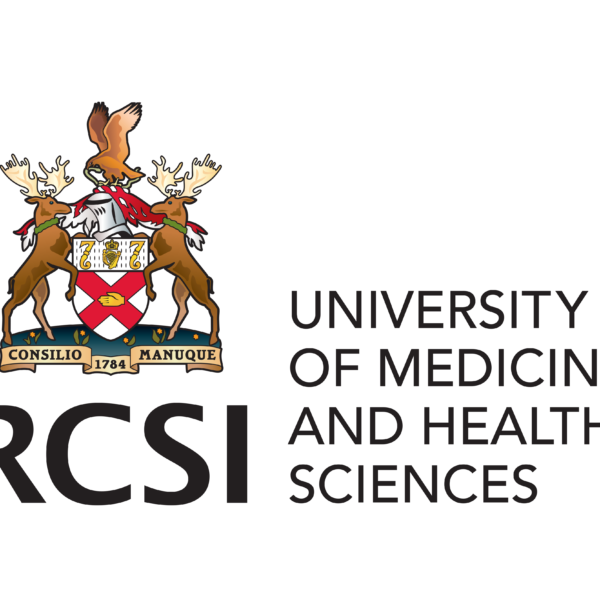Project Area: Health policy and systems research Project Summary According to the World Health Organisation (WHO), weak health workforce retention across Europe represents a ‘ticking time-bomb’ driven by both labour (increased attrition) and mental health (dissatisfaction, stress, burnout, extreme workloads etc.) crises. To address the retention crisis, the WHO’s “Framework […]
News
The CANDID 2 study: An exploration of CANcer and cancer care in older adults with intellectual disabilities in Ireland
Project Area: Population health research Project Summary The CANDID 2 study builds upon existing research being undertaken by the Trinity Centre For Ageing and Intellectual disability. The SPHeRE Scholar will join a team of interdisciplinary researchers and clinicians working on research in the area of cancer care, ageing and intellectual […]
Co-creating food-based interventions to meet policy guidelines with older adults in disadvantaged communities (CREATE)
Project Area: Health policy and systems research Project Summary Irish life expectancy has increased by >15 years in the last 70 years, however, there are big differences in life expectancy between those living in the least and most deprived areas. Additionally, these increases in life expectancy do not necessarily translate […]
Using behavioural science to improve recruitment and retention of health policymakers in trials of knowledge translation (KT) interventions
Project Area: Health policy and systems research Project Summary There is a growing global focus on the use of research evidence within health policy decision-making. The use of high-quality research evidence by health policymakers is crucial to ensure safe and effective healthcare and optimise patient and public health outcomes. The […]
Priorities for the Secondary Prevention of Stroke in Ireland
Project Area: Population health research Project Summary Stroke is a leading cause of disability. After ischemic stroke and Transient Ischaemic Attack (TIA), the risk of recurrent stroke is 11% at 1 year and 26% at 5 years. International clinical guidelines and the National Stroke Strategy (2022-2027) call for the implementation […]
The Impact of Community Water Fluoridation on Dental and Systemic Health and Cognitive Function in Ireland
Project Area: Population health research Project Summary Mandatory community water fluoridation (CWF) was introduced in Ireland in 1964 as a dental caries reduction measure. Caries rates have been falling in communities with and without CWF in Ireland since. Some studies suggest that the added benefit of fluoridation is declining, due […]
Time-Restricted Eating for Improving Maternal-Foetal Outcomes in Gestational Diabetes: Quantitative and Qualitative Investigations of Efficacy and Acceptability
Project Area: Population health research Project Summary The prevalence of gestational diabetes mellitus (GDM) in Ireland is estimated at ~12% of all pregnancies. Maternity care costs for pregnant women who develop GDM are 34% higher than the average pregnancy, and neonatal costs in the first year are higher than those […]
Public and Patient Involvement (PPI) in Health and Social Care Research: Understanding and responding to PPI contributors’ experiences and perspectives.
Project Area: Health policy and systems research Project Summary Patient and Public Involvement (PPI) is increasingly recognized as an essential component of health research. PPI can be defined as ‘research being carried out ‘with’ or ‘by’ members of the public rather than ‘to’ ‘about’ or ‘for’ them’ (1). In Ireland, […]
Evidence-Based Policy Making for Diabetes in Ireland through Open Source Patient-Level Health Economic Modelling
Project Area: Health policy and systems research Project Summary The increasing incidence of diabetes mellitus in Ireland and the associated demand for strained healthcare resources pose a substantial public health challenge. Individuals with diabetes are at a greater risk of developing severe health complications, including heart disease, kidney failure, blindness, […]
Advancing digital health in Ireland: exploring onboarding, adoption and implementation of digital health in the Irish healthcare system
Project Area: Health policy and systems research Project Summary In the last decade, significant changes brought about by digital transformation have impacted various aspects of society, with healthcare emerging as a pivotal domain undergoing transformation. The introduction of digital health holds the potential to redefine patient care, improve accessibility and […]







